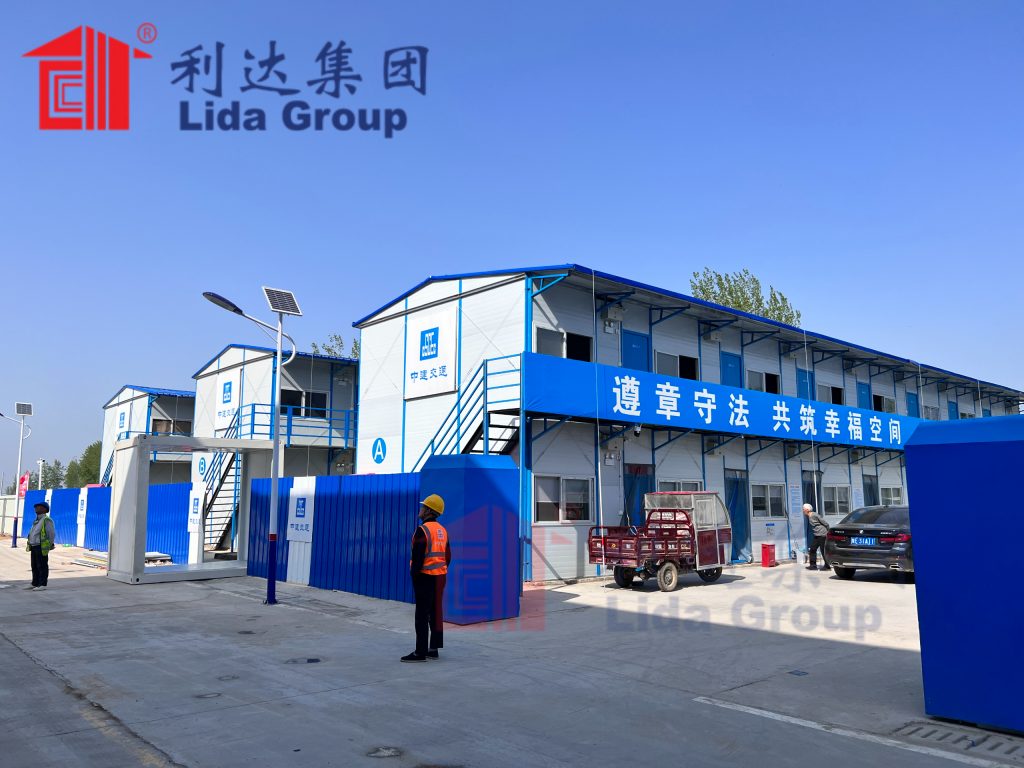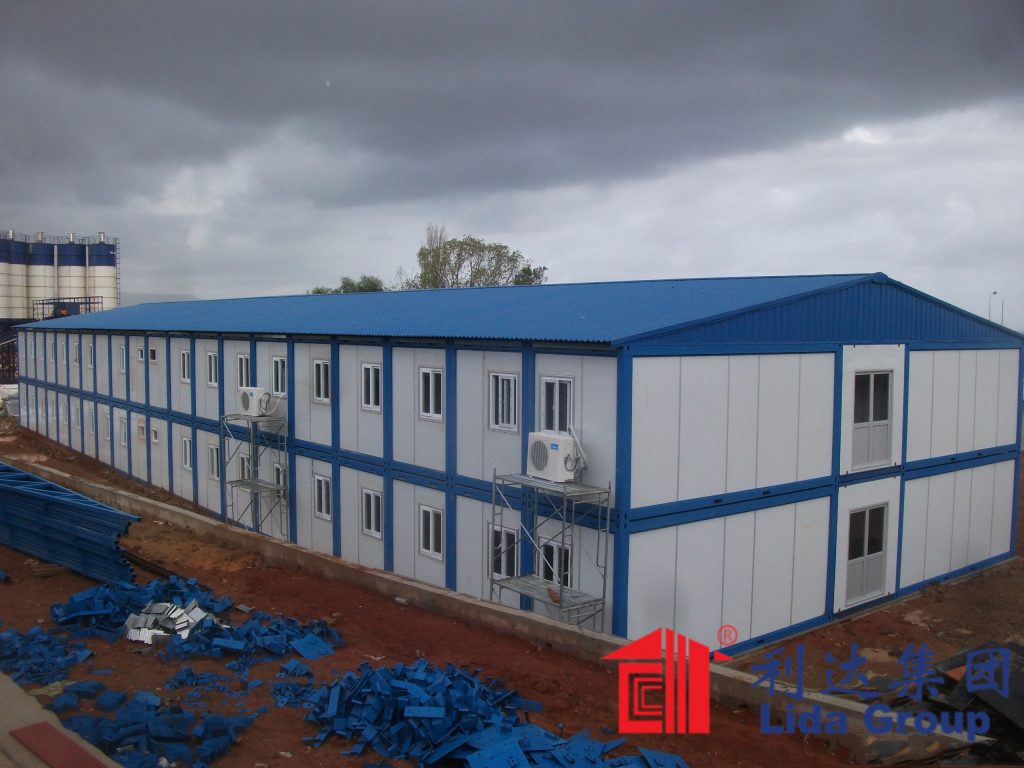In a groundbreaking technical paper, researchers delve into the efficacy of Lida Group‘s relocatable non-residential structures as a solution for crisis and post-disaster temporary infrastructure. The study meticulously examines the use of galvanized steel skeletons and the company’s proprietary composite panel connections, assessing their resilience, adaptability, and rapid deployment potential in emergency scenarios.
The paper begins by outlining the pressing need for robust, temporary structures in disaster-prone regions, where conventional construction methods often falter due to time constraints and resource scarcity. Lida Group’s innovative approach, leveraging lightweight yet strong galvanized steel frames, offers a promising alternative. The material’s corrosion resistance and durability make it ideal for withstanding harsh environmental conditions and minimizing maintenance requirements.
The proprietary composite panel connections, a key aspect of Lida’s design, are analyzed for their structural integrity and ease of assembly. These connectors facilitate rapid installation, allowing for swift deployment of buildings in crisis situations. The paper highlights the importance of modular design, which enables scalability and adaptability to various functional requirements, from healthcare facilities to educational institutions.

In-depth simulations and real-world case studies demonstrate the structures’ performance under extreme loads, including wind, seismic, and snow loads. The paper also explores the energy efficiency and thermal insulation properties of the composite panels, emphasizing their role in creating comfortable and sustainable environments for occupants.
The study further investigates the logistical advantages of Lida’s relocatable buildings. Their disassembly, transportation, and reassembly processes are assessed for efficiency, with the paper concluding that these structures can be rapidly mobilized to different locations as needed. The paper also acknowledges the potential for local sourcing and assembly, fostering economic recovery and capacity building in affected communities.
Environmental considerations are not overlooked, as the paper discusses the recyclability of both galvanized steel and composite materials, ensuring minimal environmental impact. Additionally, the paper explores the potential for integrating renewable energy systems, such as solar panels, into the design, promoting self-sufficiency and reducing reliance on external power sources.

In conclusion, the technical paper underscores the suitability of Lida Group’s relocatable non-residential buildings for crisis and post-disaster scenarios. The combination of galvanized steel skeletons and proprietary composite panel connections offers a robust, adaptable, and environmentally conscious solution. The study’s findings advocate for the wider adoption of these structures in disaster response planning, highlighting their potential to provide vital infrastructure quickly and effectively, while fostering resilience and sustainable recovery in affected communities.

Related news
-
Column introduces new engineered panel types expanding the range of non-residential building solutions like mess halls, clinics and temporary warehousing produced by Lida Group's industrialized processes.
2024-07-11 17:03:07
-
Journal article profiles pilot implementations of Lida Group's standardized steel structural solutions delivering durable warehouses integrated with lighting, cranes and partition fitting kits.
2024-07-09 16:50:47
-
Feature profiles growing partnerships with industrial cooperatives mass-producing integrated building components compatible with Lida Group's pre-engineered temporary campus designs.
2024-07-11 15:29:28
contact us
- Tel: +86-532-88966982
- Whatsapp: +86-13793209022
- E-mail: sales@lidajituan.com


